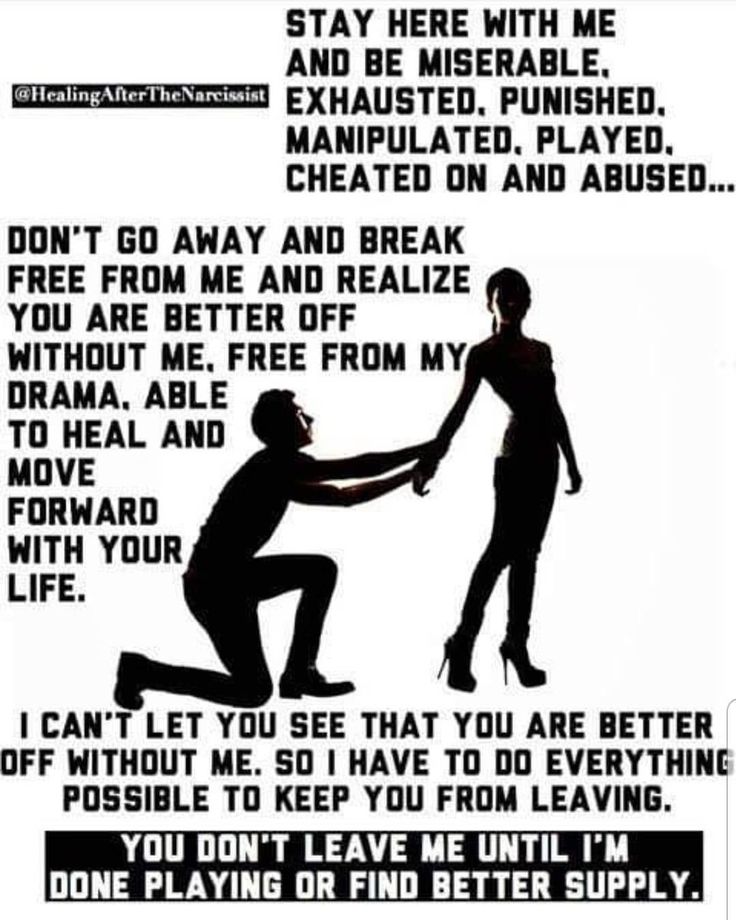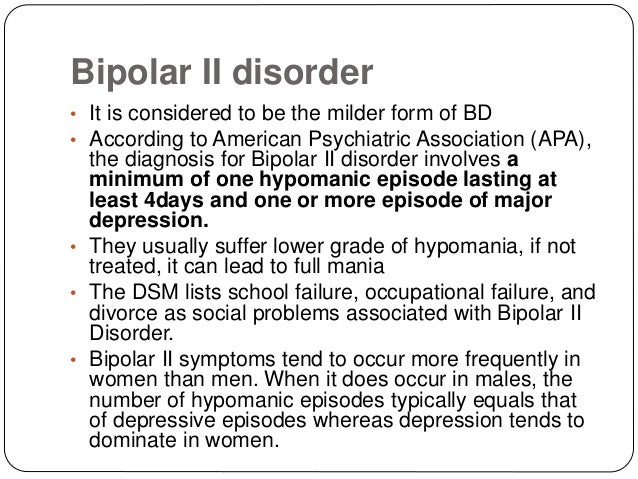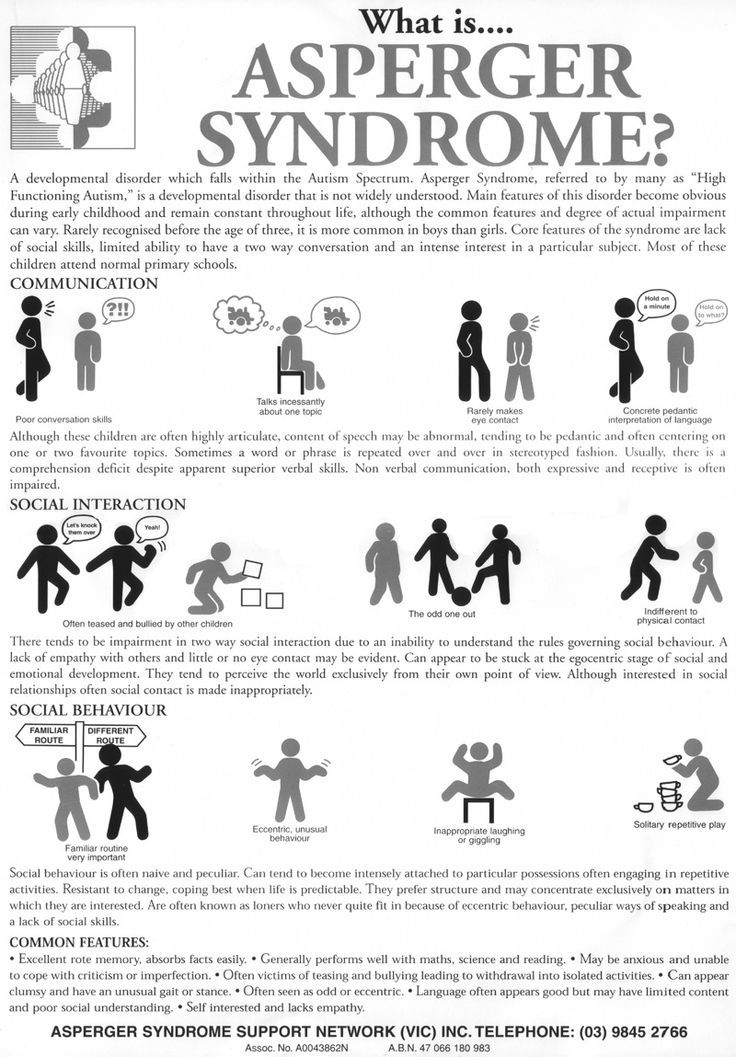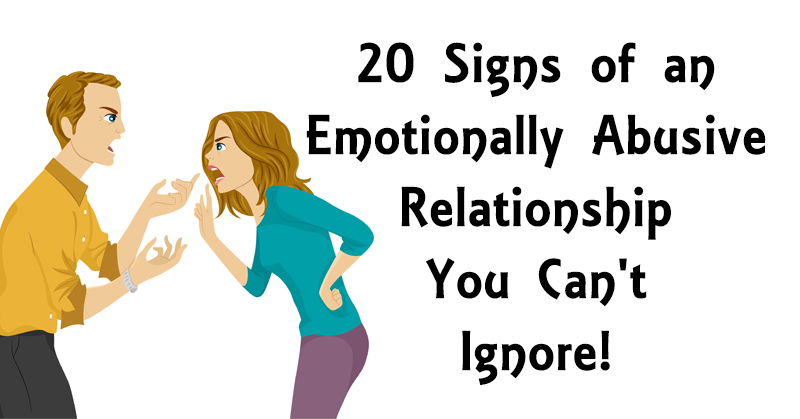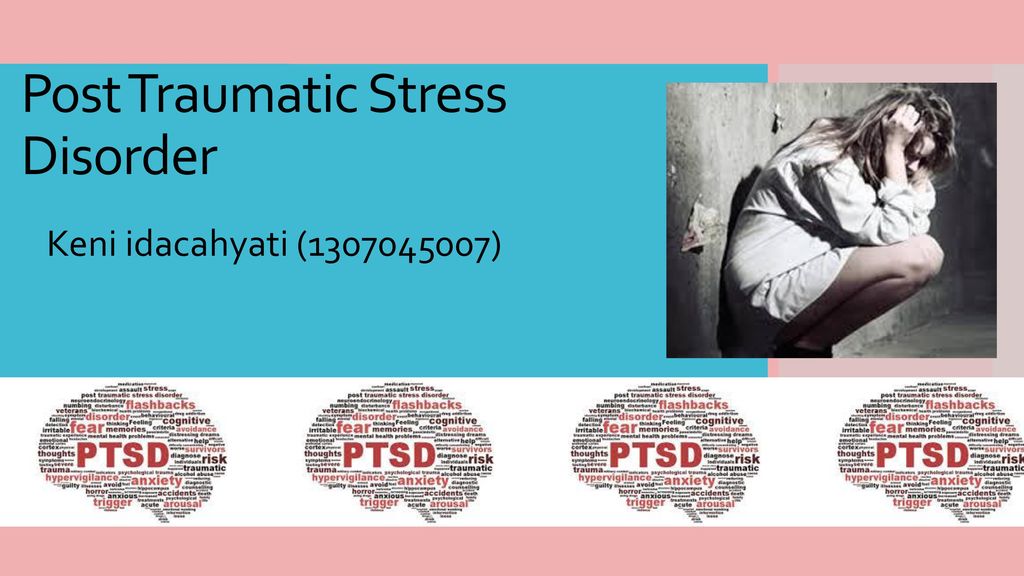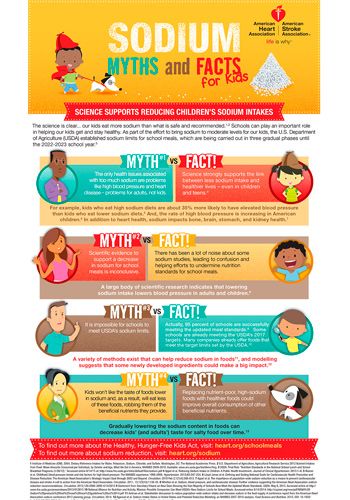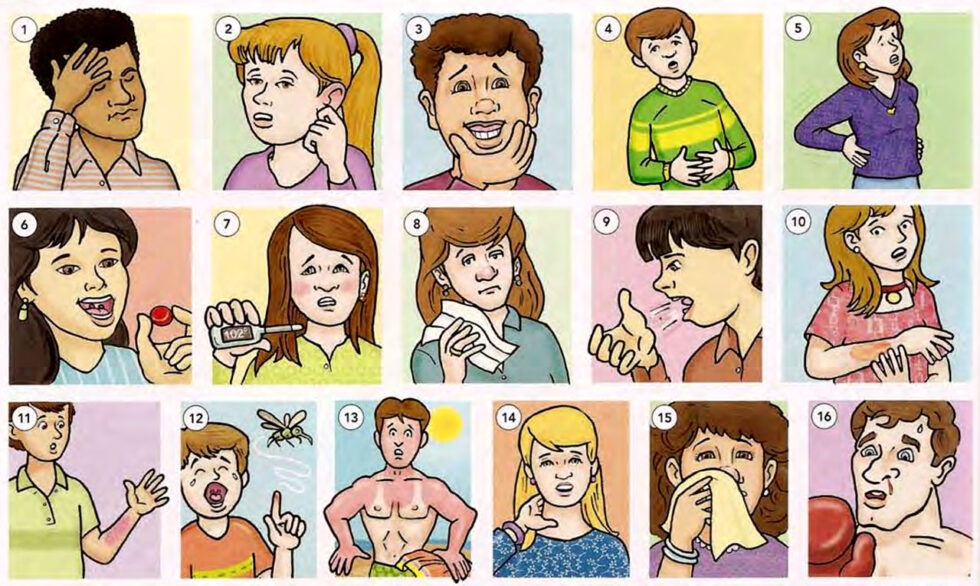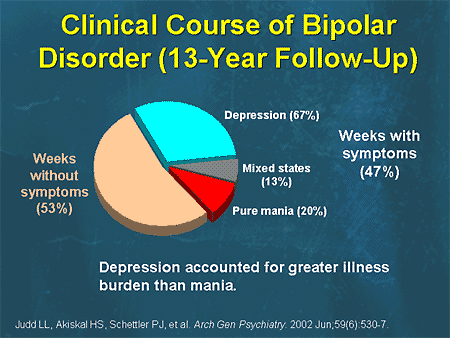Why people stay in abusive relationships
Why People Stay in an Abusive Relationship
Abusive relationships are extremely complex situations and it takes a lot of courage to leave. Abuse is about power and control. When a survivor leaves their abusive relationship, they threaten the power and control their partner has established over the survivor’s agency, which may cause the partner to retaliate in harmful ways.
As a result, leaving is often the most dangerous period of time for survivors of abuse.
Fear
A person will likely be afraid of the consequences if they decide to leave their relationship, either out of fear of their partner’s actions or concern over their own ability to be independent.
Normalized abuse
If someone grew up in an environment where abuse was common, they may not know what healthy relationships look like. As a result, they may not recognize that their partner’s behaviors are unhealthy or abusive.
Shame
It can be difficult for someone to admit that they’ve been or are being abused. They may feel that they’ve done something wrong, that they deserve the abuse, or that experiencing abuse is a sign of weakness. Remember that blame-shifting is a common tactic that their partner may use and can reinforce a sense of responsibility for their partner’s abusive behaviors.
Intimidation
A survivor may be intimidated into staying in a relationship by verbal or physical threats, or threats to spread information, including secrets or confidential details (i.e. revenge porn etc). For LGBTQ+ people who haven’t come out yet, threats to out someone may be an opportunity for abusive partners to exert control.
Low self-esteem
After experiencing verbal abuse or blame for physical abuse, it can be easy for survivors to believe those sentiments and believe that they’re at fault for their partner’s abusive behaviors.
Lack of resources
Survivors may be financially dependent on their abusive partner or have previously been denied opportunities to work, a place to sleep on their own, language assistance, or a network to turn to during moments of crisis.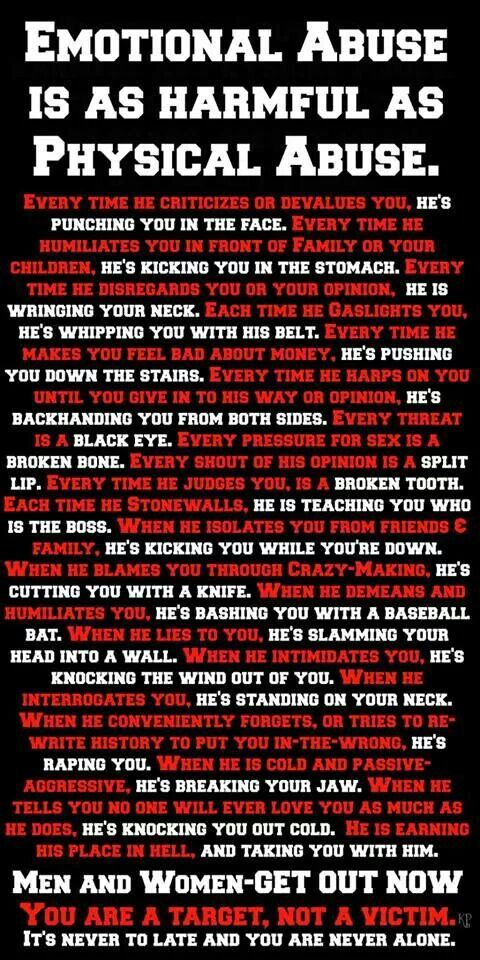 These factors can make it seem impossible for someone to leave an abusive situation.
These factors can make it seem impossible for someone to leave an abusive situation.
Disability
If someone depends on other people for physical support, they may feel that their well-being is directly tied to their relationship; a lack of visible alternatives for support can heavily influence someone’s decision to stay in an abusive relationship if they have a disability.
Immigration status
People who are undocumented may fear that reporting abuse will affect their immigration status. If they have limited English proficiency, these concerns can be amplified by a confusing and convoluted legal system and an inability to express their circumstances to others.
Cultural context
Traditional customs or beliefs may influence someone’s decision to stay in an abusive situation, whether held by the survivor or by their family and community. Learn more about abuse in different cultural contexts.
Children
Many survivors may feel guilty or responsible for disrupting their familial unit. Keeping the family together may not only be something that a survivor may value, but may also be used as a tactic by their partner used to guilt a survivor into staying.
Keeping the family together may not only be something that a survivor may value, but may also be used as a tactic by their partner used to guilt a survivor into staying.
Love
Experiencing abuse and feeling genuine care for a partner who is causing harm are not mutually exclusive. Survivors often still have strong, intimate feelings for their abusive partner. They may have children together, want to maintain their family, or the person abusing them may simply be charming (especially at the beginning of a relationship) and the survivor may hope that their partner will return to being that person.
No matter the reason, leaving any relationship can be difficult; doing so in an abusive situation can feel impossible without the right access to support.
a quote mark iconUnderstanding the various ways that abuse appears and intersects can prepare you to respond to situations safely for yourself and others.
Eight Reasons Women Stay in Abusive Relationships
When NFL linebacker Ray Rice knocked his fiancée Janay Palmer unconscious in an elevator in 2014, it didn't initially get much attention.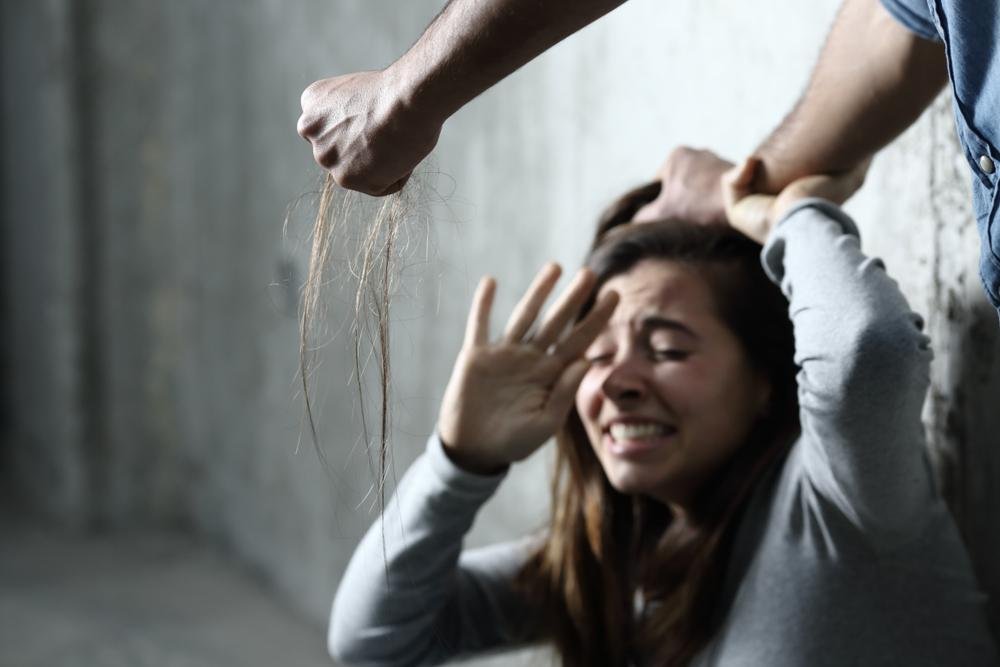 He was accused of domestic violence and suspended for two games. After a few weeks, he was formally charged, but he and Palmer were married the next day.
He was accused of domestic violence and suspended for two games. After a few weeks, he was formally charged, but he and Palmer were married the next day.
However, when a security video of the event surfaced, it quickly went viral. Watching Janay Palmer get knocked down and roughly dragged out of the elevator by Rice had a powerful effect on viewers. The waves of outrage that followed caused the NFL to scramble to increase their punishment of Ray Rice and conduct an internal review of their domestic violence policies.1
Things took an interesting turn when Janay Palmer spoke out in defense of her husband. She apologized at a press conference saying: “I deeply regret the role I played that night,” and later asked people to stop their judgments and accusations. “Just know we will continue to grow & show the world what real love is,” she posted on Instagram, asking others to not take anything from the man she loves.
This provoked a new public response. Incredulous observers could not understand how Palmer could be standing by her man.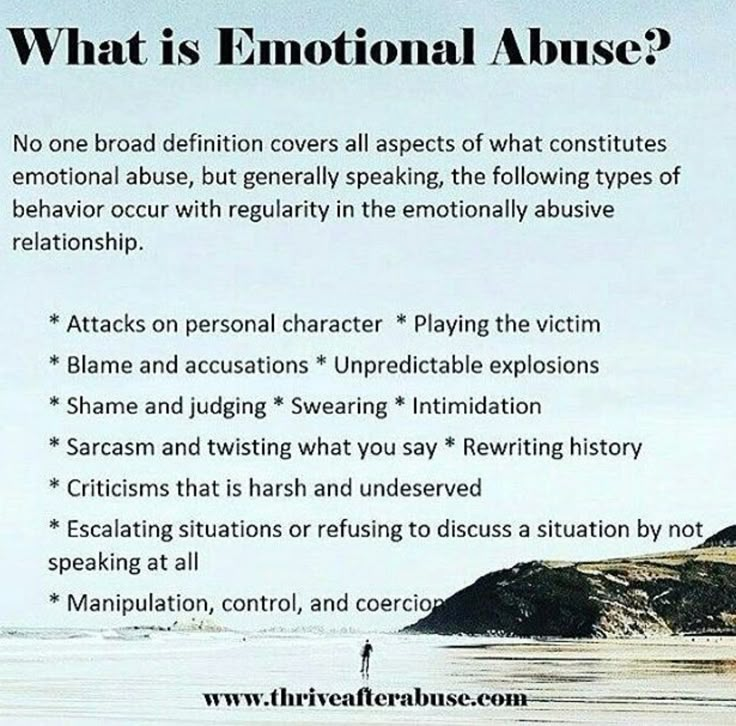 The attacks now turned toward her, with commenters questioning her sanity, innocence, and motives. Why would someone stay with, let alone defend a man who had knocked her unconscious? What was wrong with Palmer that she would do this?
The attacks now turned toward her, with commenters questioning her sanity, innocence, and motives. Why would someone stay with, let alone defend a man who had knocked her unconscious? What was wrong with Palmer that she would do this?
These accusations and questions prompted a pushback. Victims and women’s advocates spoke out in defense of Palmer and described the complicated dilemmas women in violent relationships face. Beverly Gooden, a human resources manager in North Carolina, started a hashtag on Twitter, #WhyIstayed, where she shared her reasons for remaining in a violent marriage. “I tried to leave the house once after an abusive episode, and he blocked me,” Gooden said, later adding: “I thought that love would conquer all.” Her hashtag became a rallying point, with hundreds of victims posting their stories of the factors that kept them in abusive relationships.
As domestic violence researchers, we were curious how these posts could help professionals and public observers better understand the unique challenges victims of domestic violence face.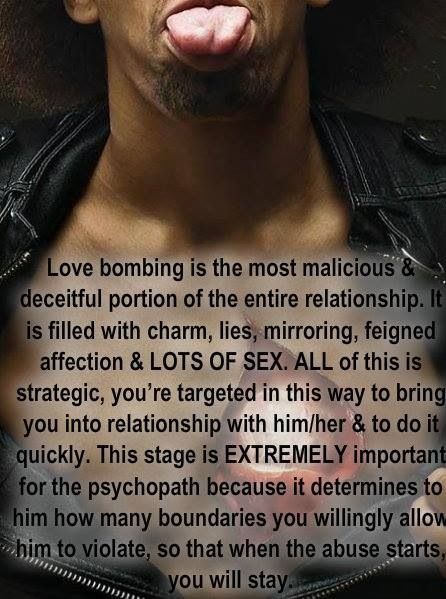 With colleague Jaclyn Cravens, and doctoral student Rola Aamar, I examined these voices to see what could be learned. We collected hundreds of posts from women all over the world and read, coded, and sorted them, publishing these findings in 2015.2 Through this analysis, we identified eight main reasons women stay in abusive relationships:
With colleague Jaclyn Cravens, and doctoral student Rola Aamar, I examined these voices to see what could be learned. We collected hundreds of posts from women all over the world and read, coded, and sorted them, publishing these findings in 2015.2 Through this analysis, we identified eight main reasons women stay in abusive relationships:
1. Distorted Thoughts. Being controlled and hurt is traumatizing, and this leads to confusion, doubts, and even self-blame. Perpetrators harass and accuse victims, which wears them down and causes despair and guilt.3 For example, women shared: “I believed I deserved it,” and, “I was ashamed, embarrassed, and blamed myself because I thought I triggered him.” Others minimized the abuse as a way to cope with it, saying: “[I stayed] because I didn’t think that emotional and financial abuse was really abuse. Because words don’t leave bruises,’’ and, “Because I didn’t know what my boyfriend did to me was rape.”
2.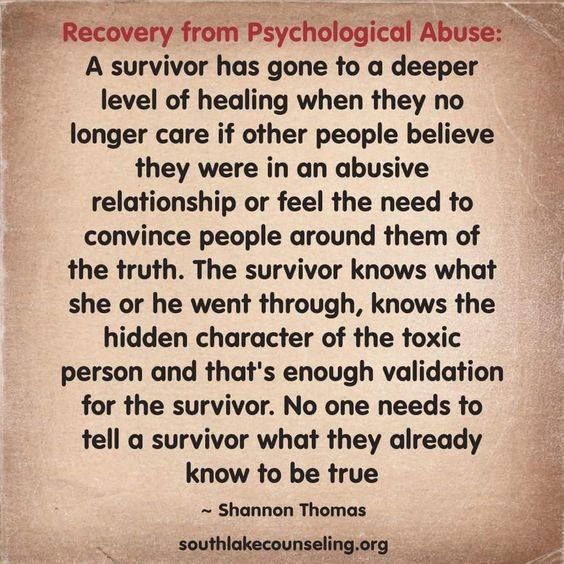 Damaged Self-Worth. Related was the damage to the self that is the result of degrading treatment. Many women felt beaten down and of no value, saying: “He made me believe I was worthless and alone,” and, “I felt I had done something wrong and I deserved it.”
Damaged Self-Worth. Related was the damage to the self that is the result of degrading treatment. Many women felt beaten down and of no value, saying: “He made me believe I was worthless and alone,” and, “I felt I had done something wrong and I deserved it.”
3. Fear. The threat of bodily and emotional harm is powerful, and abusers use this to control and keep women trapped.4 Female victims of violence are much more likely than male victims to be terrorized and traumatized.5 One said: “I was afraid of him…I knew he’d make leaving an ugly drawn out nightmare.” Attempting to leave an abuser is dangerous. One woman felt trapped because of her husband’s “threats of hunting me down and harming all my loved ones including our kids while I watched and then killing me.”
4. Wanting to be a Savior. Many described a desire to help, or love their partners with the hopes that they could change them: “I believed I could love the abuse out of him. ” Others described internal values or commitments to the marriage or partner, with tweets like: “I thought I would be the strong one who would never leave him and show him loyalty. I would fix him and teach him love.” Others had pity and put their partner’s needs above their own: “His father died, he became an alcoholic and said that God wouldn’t want me to leave him because he needed me to make him better.”
” Others described internal values or commitments to the marriage or partner, with tweets like: “I thought I would be the strong one who would never leave him and show him loyalty. I would fix him and teach him love.” Others had pity and put their partner’s needs above their own: “His father died, he became an alcoholic and said that God wouldn’t want me to leave him because he needed me to make him better.”
5. Children. These women also put their children first, sacrificing their own safety: “I was afraid if he wasn’t beating me he would beat his kids. And I valued their lives more than my own.” And, “I stayed for 20 years while I protected our children, all while I was being abused.” Others mentioned staying to benefit the children: “I wanted my son to have a father.”
6. Family Expectations and Experiences. Many posted descriptions of how past experiences with violence distorted their sense of self or of healthy relationships: “I watched [my dad] beat my mom.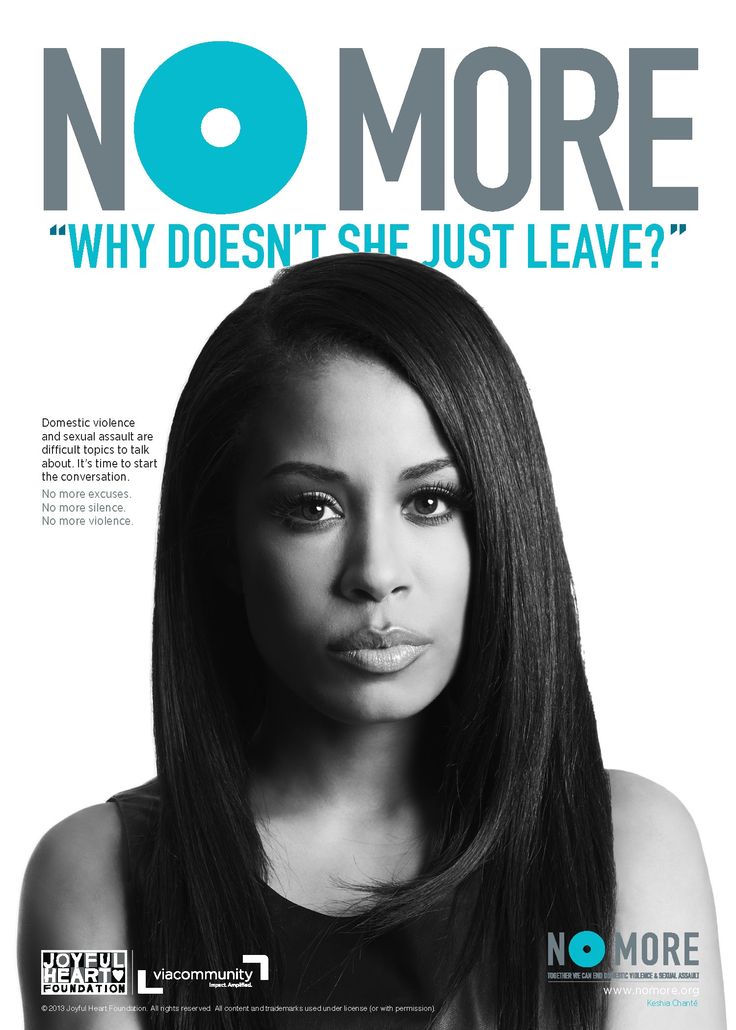 Then I found someone just like dad,” or, “Because raised by animals, you partner with wolves.” Some mentioned family and religious pressures: “My mother told me God would disown me if I broke my marriage.”
Then I found someone just like dad,” or, “Because raised by animals, you partner with wolves.” Some mentioned family and religious pressures: “My mother told me God would disown me if I broke my marriage.”
7. Financial Constraints. Many referred to financial limitations, and these were often connected to caring for children: “I had no family, two young children, no money, and guilt because he had brain damage from a car accident.” Others were unable to keep jobs because of the abuser’s control or their injuries, and others were used financially by their abuser: “[My] ex racked up thousands of debt in my name.”
8. Isolation. A common tactic of manipulative partners is to separate their victim from family and friends. Sometimes this is physical, as one woman experienced: “I was literally trapped in the backwoods of WV, and he would use my little boy to keep me close.” Other times isolation is emotional, as one woman was told: “You can either have friends and family or you can have me.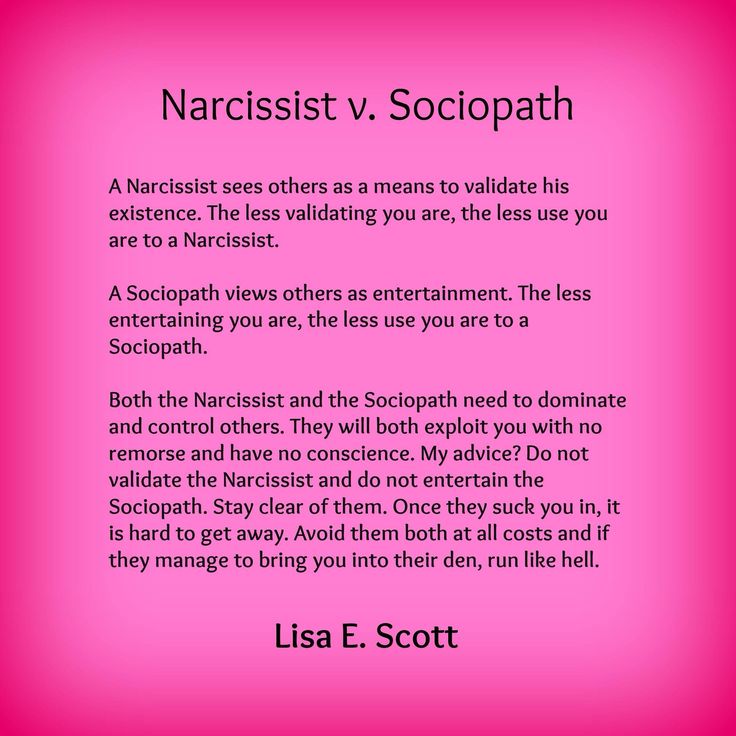 ”
”
Although these eight reasons for staying are common, they do not describe every victim and situation. Women can also be perpetrators, and there are many patterns of violence.6 Yet, these posts provide compelling insider’s views of the difficulties of making decisions in a violent relationship, and this is helpful for outsiders to understand. One reason many victims hesitate to speak up is because they are afraid of being judged and pressured by friends and professionals.7 If more people responded to victims’ stories of abuse with concern and compassion, instead of with criticism, more victims might speak up and find the support they need to live a life free of abuse.
Jason B. Whiting, Ph.D., LMFT is a Professor of Marriage and Family Therapy at Texas Tech University. He researches deception, communication, and abuse in relationships and is the author of the upcoming book Love me True: Overcoming the Surprising Ways We Deceive in Relationships (2016). For more information visit drjasonwhiting.com and follow him on Twitter: @Jason_Whiting.
For more information visit drjasonwhiting.com and follow him on Twitter: @Jason_Whiting.
1. Kantor, J. (2016). Seeing abuse, and a pattern too familiar: Janay Palmer, Ray Rice’s wife, implied the assault was taken out of context. New York Times. Retrieved from: http://www.nytimes.com/2014/09/10/us/seeing-abuse-and-a-pattern-too-familiar.html?_r=0
2. Cravens, J. D., Whiting, J. B., & Aamar, R. (2015). Why I stayed/left: An analysis of voices of intimate partner violence on social media. Contemporary Family Therapy. DOI 10.1007/s10591-015-9360-8.
3. Whiting, J. B., Oka, M. & Fife, S. T. (2012). Appraisal distortions and intimate partner violence: Gender, power, and interaction. Journal of Marital and Family Therapy. doi: 10.1111/j.1752-0606.2011.00285.x
4. Barnett, O. W., Miller-Perrin, C. L., & Perrin, R. D. (2011). Family violence across the lifespan: an introduction (3rd ed. ). Thousand Oaks, CA: Sage.
). Thousand Oaks, CA: Sage.
5. Johnson, M. (2008). A typology of domestic violence: Intimate terrorism, violent resistance, and situational couple violence. Boston: Northeastern University Press.
6. Johnson, M. (2008). A typology of domestic violence: Intimate terrorism, violent resistance, and situational couple violence. Boston: Northeastern University Press.
7. Merchant, L. V., & Whiting, J. B. (in submission) Factors in couples’ desistance from domestic violence.
Signs of an abusive relationship
What is an abusive relationship?
Abusive relationships (from the English abuse - insult, abuse) is a term that describes any relationship in which one person shows power and control over another in a negative way. The abuse can be physical, but it can also be emotional, verbal, financial, or any other type of behavior that keeps one person in control of another.
Although there are many common aspects of an abusive relationship, each individual relationship looks a little different. Moreover, people in abusive relationships often find it difficult to recognize that they are in one. One of the most common aspects of an abusive relationship is that the abused person insists that what they are doing is normal and not harmful, making it difficult for the victim to understand their situation.
Moreover, people in abusive relationships often find it difficult to recognize that they are in one. One of the most common aspects of an abusive relationship is that the abused person insists that what they are doing is normal and not harmful, making it difficult for the victim to understand their situation.
There is no such type of person who would be immune from abuse or could not become intruders. People of any nationality, age, gender, or sexual orientation can be victims of abuse. It is never the fault of the abused person; Responsibility for violence always lies with the abuser.
People who are victims of abusive relationships often live with a range of problems resulting from abuse, including:
- Feeling of isolation.
- Embarrassment.
- Depression.
- Anxiety.
- Suicidal moods.
- Addiction.
- Injuries.
- Financial difficulties.
While some conflict is normal in any relationship, a healthy relationship involves two people who can disagree, argue, and have their own opinions.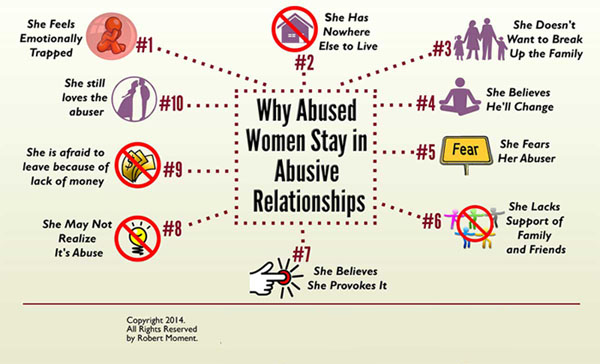
An abusive relationship involves one party controlling the thoughts, feelings, or actions of the other. Recognizing the signs can help you avoid or exit an abusive relationship.
Signs of an abusive relationship
While each abusive relationship uses different methods of control, the underlying themes remain the same. In an abusive relationship, one party uses their power over the other party to prevent them from doing anything other than what the abuser wants. Here are some signs to look out for:
Communication control
People who are being abused may try to monitor your interactions with other people. They may ask you to read your texts and emails, access your devices without permission, or even install tracking software to monitor your social life. Subsequently, they will often use this against you.
Insulation
Abused partners also tend to isolate the people they are abusing. The offended person may spread lies about you or try to convince you that your family and friends don't really love you.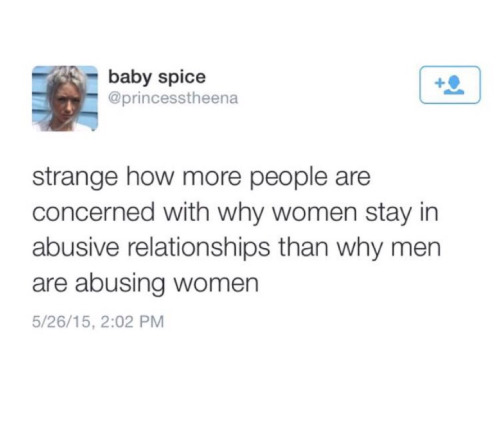 Either way, the goal is to cut you off from support systems that might otherwise help you get out of the relationship.
Either way, the goal is to cut you off from support systems that might otherwise help you get out of the relationship.
Financial control
In some cases of abusive relationships, the abused party tries to deprive the partner of control over their finances. This is done in order to make it difficult to leave the relationship. The offended person may deprive you of access to their accounts, hide information about your financial situation, or try to force you to quit your job.
Coercion
Another common abuse tactic is to get you to do something you don't want, whether through pleading, threats, force, or emotional manipulation. This may include sexual activities, but it may also include any other behavior that you don't want to do. Hurt people may also use coercion to keep you in the relationship if you try to leave.
Emotional manipulation
One of the most common types of abuse is emotional abuse. It may include: insulting you humiliating you in front of others making you feel "crazy" calling names making you feel guilty for ordinary actions.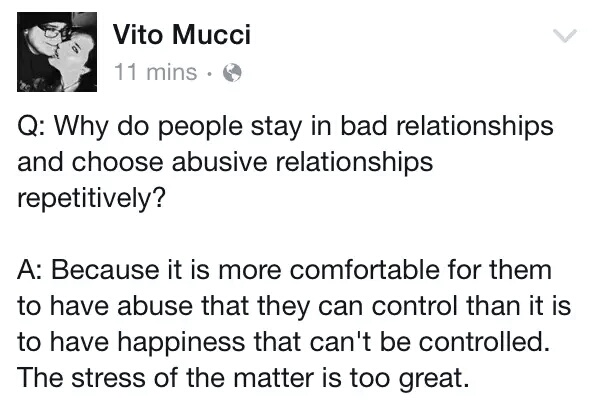 In a healthy relationship, both partners strengthen each other. Abusive relationships mean that one side destroys the other.
In a healthy relationship, both partners strengthen each other. Abusive relationships mean that one side destroys the other.
Physical abuse
Finally, physical abuse is the most well-known sign of an abusive relationship. If your partner hits you or hurts you in any way, chances are your relationship is abusive.
Solving the problem of abusive relationships
If you are in a relationship where you are being abused, the best course of action is to end it and leave your partner. It can be scary, so it's important to have a plan of action. Before you leave, find out where you are going and let friends or family know that you are planning to leave your partner.
You can also seek help from local resources if you need a place to go or help getting back on your feet.
Support and Resources
If you need support to leave an abusive relationship, the following organizations can help you:
Phone numbers:
- 102 - National Police of Ukraine;
- 15-47 - government hotline for victims of domestic violence;
- 116-123 or 0 800 500 335 - La Strada;
- 772 or 0 800 500 225 - National Children's Hotline;
- mobile teams of the Ministry of Social Policy in the regions;
- UNFPA day centers;
- @police_helpbot is a chatbot in Telegram from the Ministry of Internal Affairs.
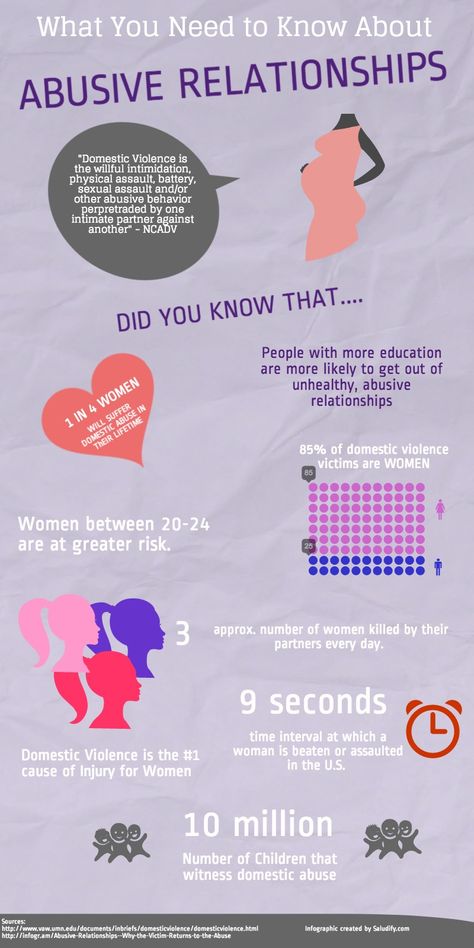
Source: psychologist Dnepr
Views : 390
Why people stay in emotionally abusive relationships - Psychology
Video: How to get out of a co-dependent relationship // This is not FreudContents
- The abuser reveals his less flattering side much later
- Days of abuse are always followed by a period of calm.
- It is difficult for the victim to leave
- Are we inclined to such attitudes?
- How to break the vicious circle of emotionally abusive relationships?
- Set boundaries and regain control of yourself
Emotionally abusive relationships may or may not appear so from the outside. Emotional abuse is sometimes so subtle that no one, neither the victim, nor the abuser, nor the environment, is aware that this is happening. However, even in such cases, it has detrimental effects on all involved and must be approached in a healthy way so that partners can grow and prosper.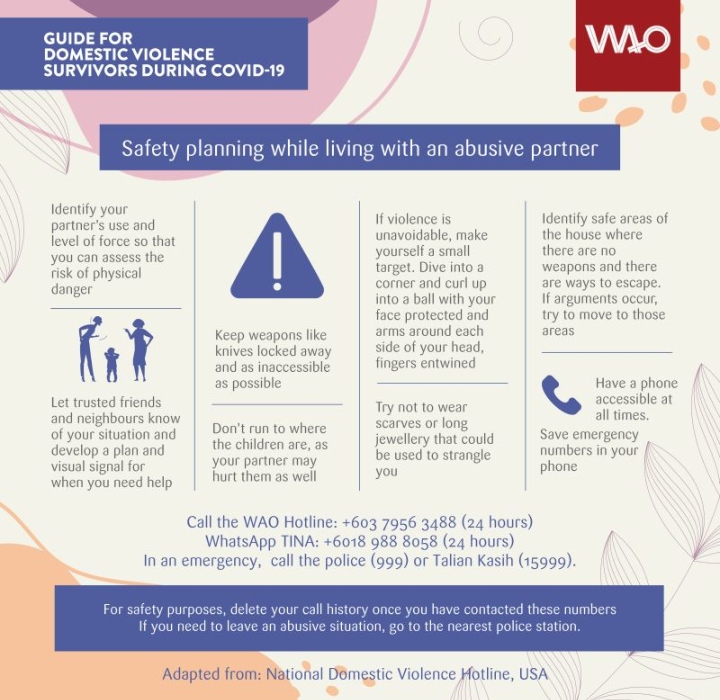
All the reasons why it's so hard to leave
Emotional abuse usually starts from the beginning of a relationship, although it tends to become more severe over time. In some cases, this is a prelude to physical or sexual abuse.
Nevertheless, the emotional abuser almost always presents himself as a magical and bewitching person at the beginning of the relationship. They are gentle, charming, caring, understanding and affectionate.
The abuser reveals his less flattering side much later
In this case, the story usually develops rather sourly. Almost always, the abuser reveals his less flattering side within a few days or weeks, immediately after the victim is hooked. Not that there are no signs of this, but they disguise themselves during the initial courtship and acquaintance with each other.
As soon as the victim is in love, violence may resume.
The victim remembers these days about the kindness and calmness of the rapist. After the victim has been abused, humiliated and psychologically abused, she looks for the cause of this change in herself.
After the victim has been abused, humiliated and psychologically abused, she looks for the cause of this change in herself.
And the offender does not leave them without "mistakes" to consider them as the cause of such a drastic change.
Days of abuse are always followed by a period of calm.
Longing for the days when the abuser adores is only one aspect that makes it difficult to leave the emotional abuser. The other one is pretty similar. The days of abuse are always followed by a quiet period, or even more so a honeymoon period, when the abuser is like the person the victim has fallen in love with.
And it's an exciting state of mind that gives rise to endless hope that now it will continue. Although it never happens.
Moreover, the victim of emotional abuse gradually loses self-esteem. They feel unworthy of love and respect, they feel stupid and incompetent, they feel bored and uninterested. It is impossible to start over, as they feel that no one can love them.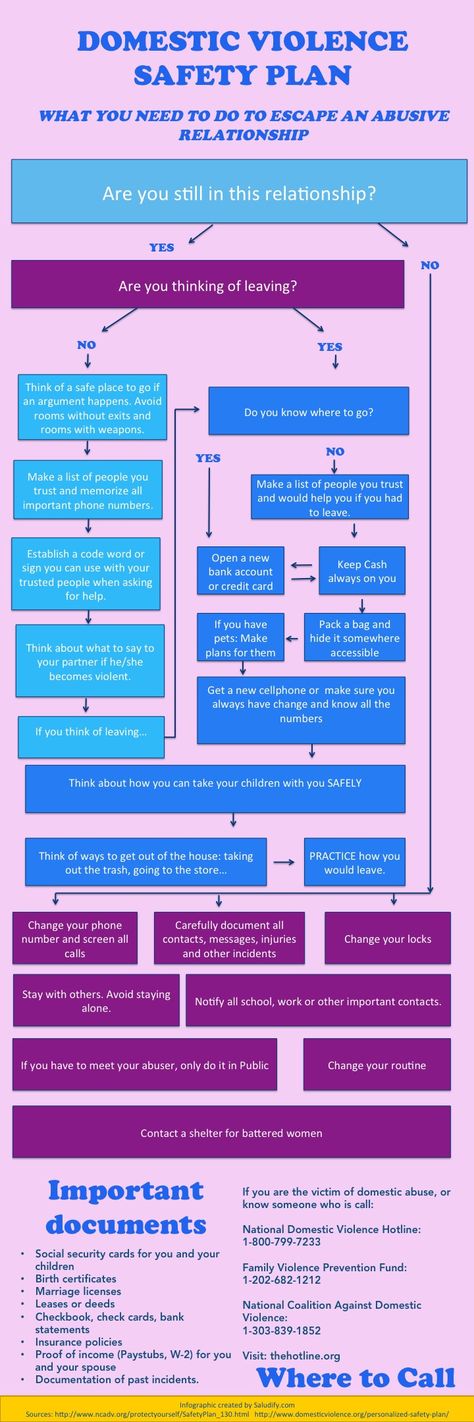 And often it seems to them that they will never be able to love anyone else again.
And often it seems to them that they will never be able to love anyone else again.
Related reading: Consequences of marital emotional abuse
It is difficult for the victim to leave
The control cycle in abusive relationships is such that the victim is almost unable to leave. There is no physical abuse to be completely sure that the partner is the abuser. Apologies are easy to come by.
And as self-confidence decreases, the victim begins to believe that what the offender is saying is the only reality that exists. When, in fact, it is always a highly distorted image of the victim and her relationship, because of which the victim simply cannot leave the offender.
Are we prone to such relationships?
In truth, it is not. But the truth is also that we learned to get into emotionally abusive relationships in early childhood and tend to seek them out.
Even when it makes us feel terrible and interferes with our development, because we have learned to associate attachment with emotional abuse, we will unconsciously look for partners who will emotionally abuse.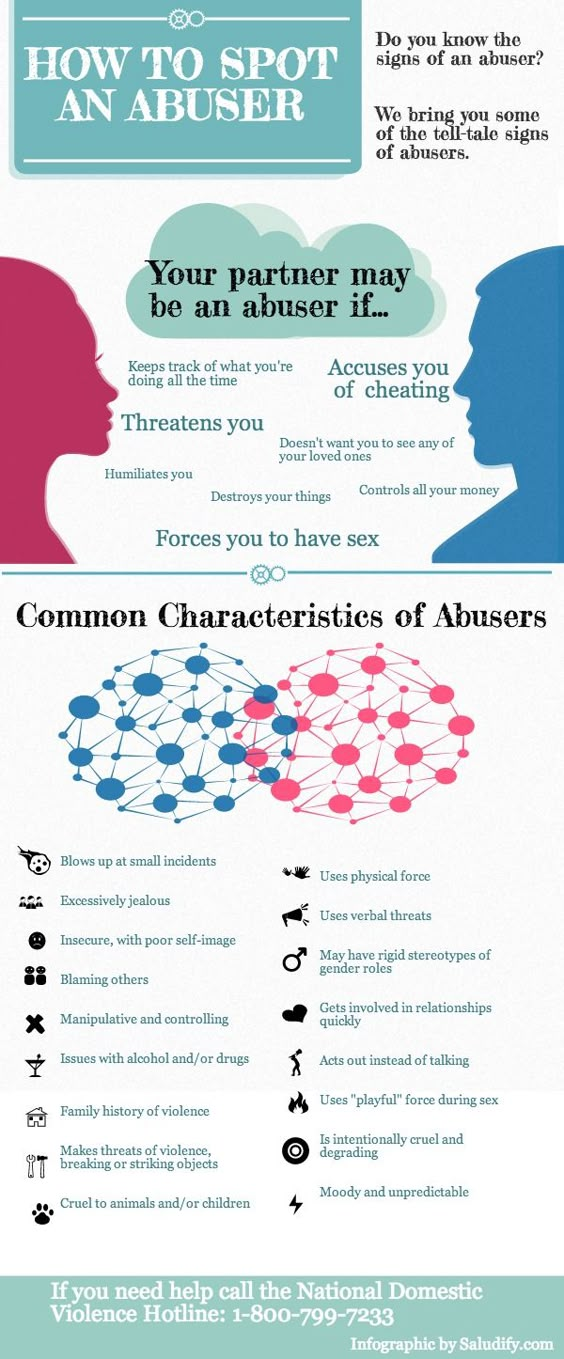
The question is, why do people stay in abusive relationships?
It usually happens that we see a similar pattern of behavior in our main families. Or our parents subjected us to emotional abuse.
As children, we learned that love in an emotionally abusive relationship is accompanied by abuse and humiliation, and if we wait for it and take the hits, we will have a wonderful honeymoon period in which we will be convinced that our parents loved us.
Another answer to the question of why people stay in emotionally abusive relationships is that the abused partner begins to justify all the terrible things their abusive partner does. Offended becomes an emotional hostage in a relationship.
However, while remaining in an emotionally abusive relationship, the emotionally abusive partner becomes a helpless, insecure, and confused person stuck in a toxic relationship.
We were not born prone to emotionally abusive relationships, but once we get into this cycle, it can last a lifetime - unless we do something to break the cycle of emotionally abusive relationships.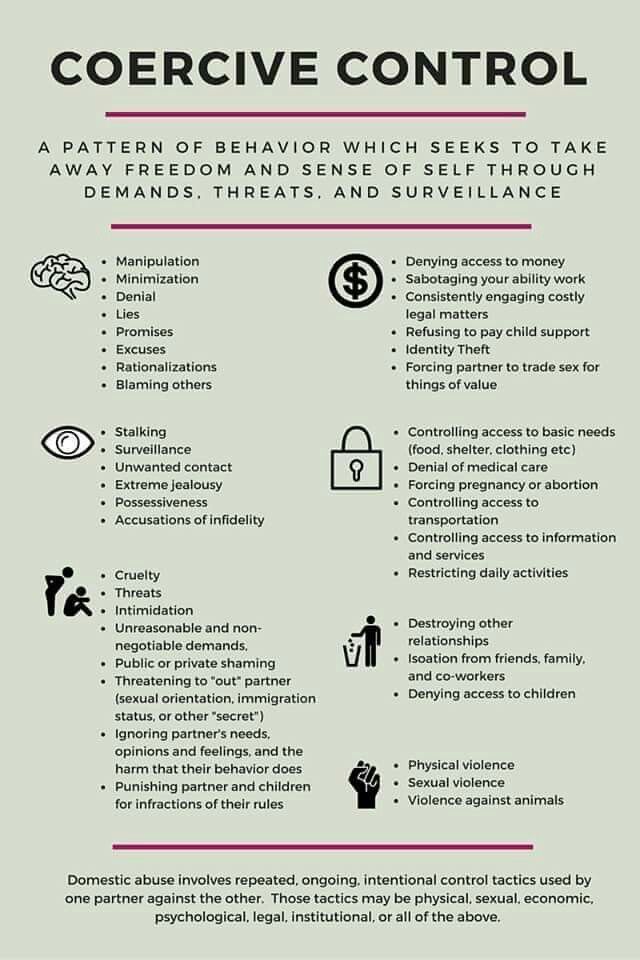
Related reading: Ways to stop emotional abuse in marriage
How to break the vicious circle of emotionally abusive relationships?
The simple answer is to leave an emotionally abusive relationship. And at the same time, this is the hardest part. But how do you get out of an emotionally abusive relationship? It is important that you choose to leave the place of power, not the place of fear.
You must make it clear to your partner that you cannot engage in any conversation that offends your dignity. You need to stop doing things to keep the peace in the relationship.
You cannot save a relationship if your partner's problems or demands don't match your honesty. Your personal well-being should be your highest priority, and an emotionally abusive partner who humiliates you should be completely excluded from your scheme of action.
Sometimes the abuser can change with some professional help if he shows a real intention to do so.